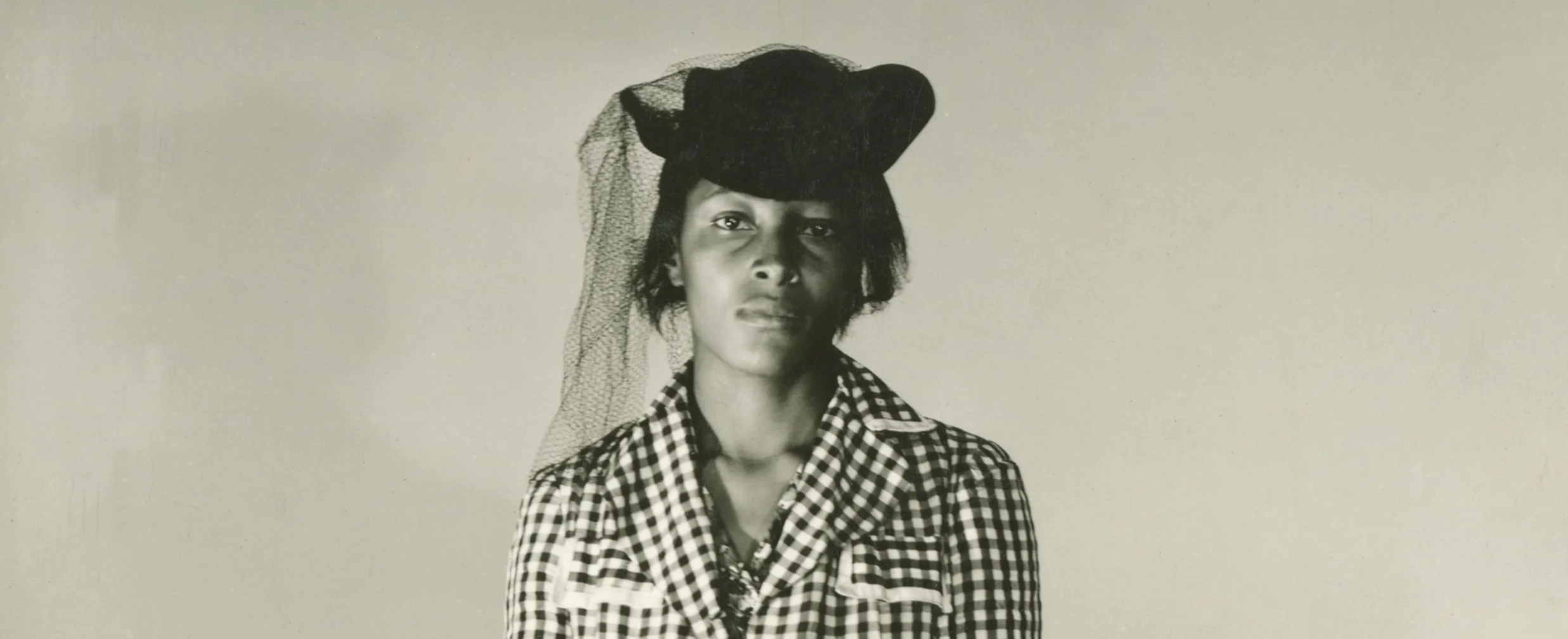THE RAPE OF RECY TAYLOR
2017 International Premiere, Venice Film Festival
2017 U.S. Premiere, New York Film Festival
2018 Distributed by The Orchard
2018 Broadcast on STARZ
Co-produced by Transform Films / Odyssey Impact
Planting a flag firmly at the intersection of patriarchy, sexism and white supremacy, “The Rape of Recy Taylor” is a documentary of multiple layers and marvelous gumption.
- The New York Times
The Rape of Recy Taylor" is the strongest documentary in the NYFF line-up, a stirring, infuriating marvel.
- RogerEbert.com
AWARDS and RECOGNITION
2017 Recipient of the Human Rights Nights Award at the Venice Film Festival
2017 Nominee NAACP Image Awards for Best Documentary Feature
2017 Women Film Critics Circle Awards: Josephine Baker Award, Adrienne Shelly Award (nomination)
2017 Chicago International Film Festival: Gold Hugo Best Documentary (nomination)
2018 Thessaloniki Documentary Film Festival: Amnesty International Award (nomination)
2018 Image Awards: Image Award Outstanding Documentary (Film) (nomination)
2018 Peabody Award Documentary Nominee
The New Yorker Best Films of 2017
The Guardian Best Films of 2018
The film is a haunting, damning unpacking of history that also reminds us how little progress we've made.
- The Village Voice
A welcome, stirring tribute to black female resilience through the ages.
- Los Angeles Times
OUR STORY
Recy Taylor, a 24-year-old black mother and sharecropper, was gang raped by six white boys in 1944 Alabama. Common in Jim Crow South, few women spoke up in fear for their lives. Not Recy Taylor, who bravely identified her rapists. The NAACP sent its rape investigator Rosa Parks, who rallied support and triggered an unprecedented outcry for justice.
Our film exposes a legacy of physical abuse of black women and reveals Rosa Parks’ intimate role in Recy Taylor’s story. An attempted rape against Parks was but one inspiration for her ongoing work to find justice for countless women like Taylor. The 1955 bus boycott was an end result, not a beginning.
More and more women are now speaking up after rape. Our film tells the story of black women who spoke up when danger was greatest; it was their noble efforts to take back their bodies that led to the Montgomery Bus Boycott and movements including Black Lives Matter, #MeToo and Times Up. The 2017 Global March by Women is linked to their courage. From sexual aggression on ‘40s southern streets to today’s college campuses and to the threatened right to choose, it is control of women’s bodies that powered the movement in Recy Taylor’s day and fuels our outrage today.






